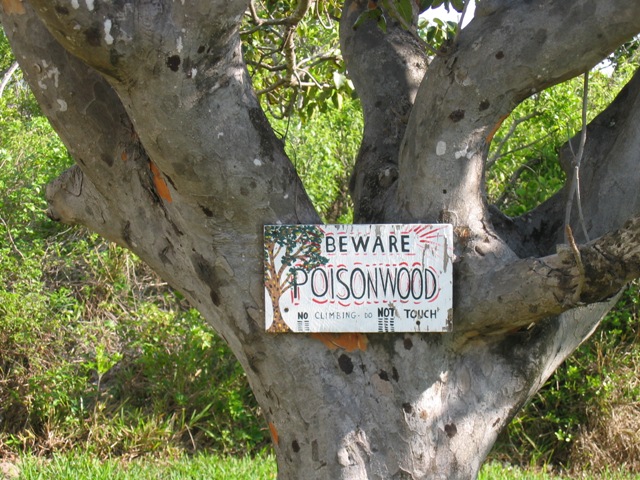As I approached the end of the novel, I started to realize that few people called Mrs. Dalloway as such, including the narrator. She's Clarissa for the majority of the book, called Clarissa Dalloway or Mrs. Dalloway only occasionally and often in dialogue. Given this, why did Virginia Woolf title the book Mrs. Dalloway? Why not Clarissa or Clarissa or Mrs. Clarissa Dalloway? Any one of these titles that has her first name seems to be more fitting for the character. There is little mention of Clarissa's maiden name, Parry, in the novella.
The title is, therefore, more of a statement about Mrs. Dalloway's marriage than her character. Throughout the novella, it is revealed that Clarissa was "wrong" in marrying Mr. Dalloway, or rather it is thought so by herself and others including Peter Walsh and Sally Seton. This is explicitly said in the final pages of the novella, when Sally says, "to be quite frank, then, how could Clarissa have done it?–married Richard Dalloway? a sportsman, a man who cared only for dogs. Literally when he came into the room he smelt of the stables" (167). The distaste of Mr. Dalloway by Peter Walsh and Sally Seton occurs throughout, presumably because of the affairs in varying degrees the two have had with Clarissa in the past. It is also significant to note that both Peter and Sally were close to Clarissa before her marriage, and this encourages them to call her by her first name and not Mrs. Dalloway, as some of her and her husband's older friends do.
The name Dalloway comes up chronologically when Clarissa incorrectly introduces Mr. Dalloway, after they've just met, to a group of people. He awkwardly corrects her, "blurting out 'My name is Dalloway!' Sally got hold of it; always after that she called him 'My name is Dalloway!'" (53). This introduction of Richard Dalloway's infatuation with his name and the pride that comes subsequently continues as a subtle theme throughout the novel. He is generally proud of being in his family, because he is very wealthy and high society.
Clarissa Dalloway is pondering her regret when it comes to her marriage to Mr. Dalloway. By titling the book Mrs. Dalloway, Virginia Woolf is taking away the Clarissa Parry from before her marriage. This emphasizes the regret in the book and the lack of identity that Clarissa has in her marriage as well.

